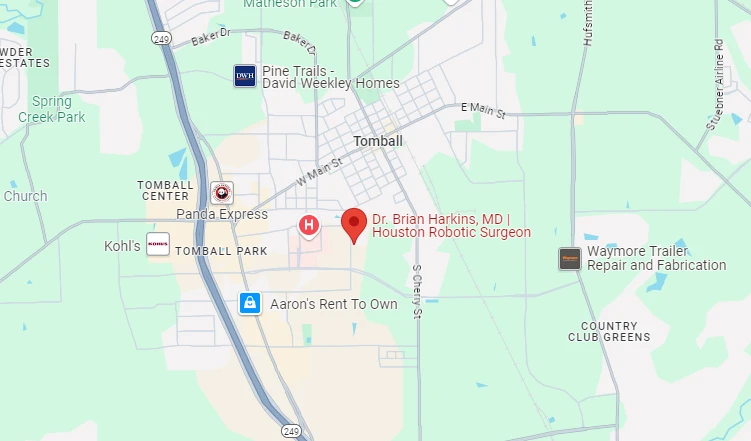
After hernia surgery, most patients across the Greater Houston area feel mild-to-moderate abdominal pain for four to six days, with major relief within a week. That’s the direct answer—yet fully understanding hernia surgery recovery means looking at why pain happens, which factors extend it, and how simple home strategies can deliver lasting relief without medication overload. The guidance below blends the experience of Houston’s hernia specialists, evidence-based techniques, and real-world wisdom so you can get back to normal activities quickly and safely.
Regardless of location—inguinal, umbilical, or hiatal (an opening in the diaphragm)—every hernia repair disrupts tissue. Surgeons use mesh, sutures, or both to close the defect and reinforce the abdominal wall. Pain stems from three main sources:
| Post-Op Day | Common Sensation | Tips from Houston Surgeons |
| Day 0–1 | Achy, tight abdomen—movement hurts | Stay ahead of pain meds, use ice 20 min every 2 hrs, begin short walks |
| Day 2–3 | Peak soreness; coughing or standing stings | Hug pillow for support, wear compression binder, avoid bloat-inducing food |
| Day 4–7 | Dull ache; tugs when bending | Switch to OTC meds, stay active, eat fiber to prevent constipation |
| Week 2 | Intermittent twinges, mild pulling | Return to desk work, avoid lifting over 15 lbs, maintain good posture |
| Week 4–6 | Minor stiffness after exertion | Gradually reintroduce core exercise; monitor bulging or sharp pain |
Minimally invasive surgery uses 3–4 small incisions. Recovery is often smoother and quicker due to reduced tissue trauma.
Used for larger or complex hernias. May involve a longer incision and slightly longer recovery, but very effective when needed.
When the stomach pushes through the diaphragm. Pain is often centered in the upper abdomen. Same principles of careful tissue handling apply.
Age, smoking, obesity, chronic cough, and uncontrolled diabetes increase intra-abdominal pressure. These factors may delay healing. Surgeons like Dr. Anthony Echo may suggest weight loss or lifestyle changes before surgery to improve outcomes.
Medication Mix:
Non-Drug Relief:
Nutrition & Activity:
Protein helps tissue heal. Stay hydrated and move lightly—walks, gentle stretches—to encourage blood flow. Avoid lifting and intense activity for 4–6 weeks or until cleared.
Pain should ease over time. Call your surgeon if pain worsens suddenly, you develop fever, pus, redness, or a firm bulge. Prompt care helps prevent complications.
Not usually. Bracing with a pillow helps. Ask your doctor about suppressants if coughing is frequent.
Yes, it may be referred pain. If persistent or increasing, consult your doctor.
Recurrent or large hernias may need flap reconstruction techniques to restore full strength and improve cosmetic outcomes.
No. Modern mesh is made of non-metallic materials.
Gentle stretches are okay after 2 weeks. Avoid core-heavy movements for 4–6 weeks or until cleared.
Yes. Straining increases pressure. Stay hydrated and use stool softeners if needed.
Yes—eat smaller meals, avoid spicy or carbonated foods, and don’t lie down after eating.
It may be harmless scar tissue. If it grows, hurts, or feels firm, get it checked.
Depends on the case. Your surgeon will choose based on strength and healing needs.
Swelling or anesthesia effects may cause this. Deep-breathing exercises can help resolve it in a few days.


Dr. Brian Harkins is a renowned surgeon specializing in advanced, minimally invasive, and robotic surgical techniques. With a dedication to innovation and personalized patient care, he has transformed countless lives by delivering exceptional outcomes.

I want a website like this, where do i start?